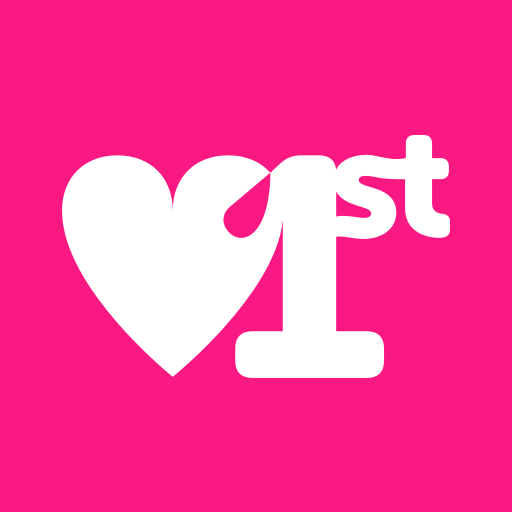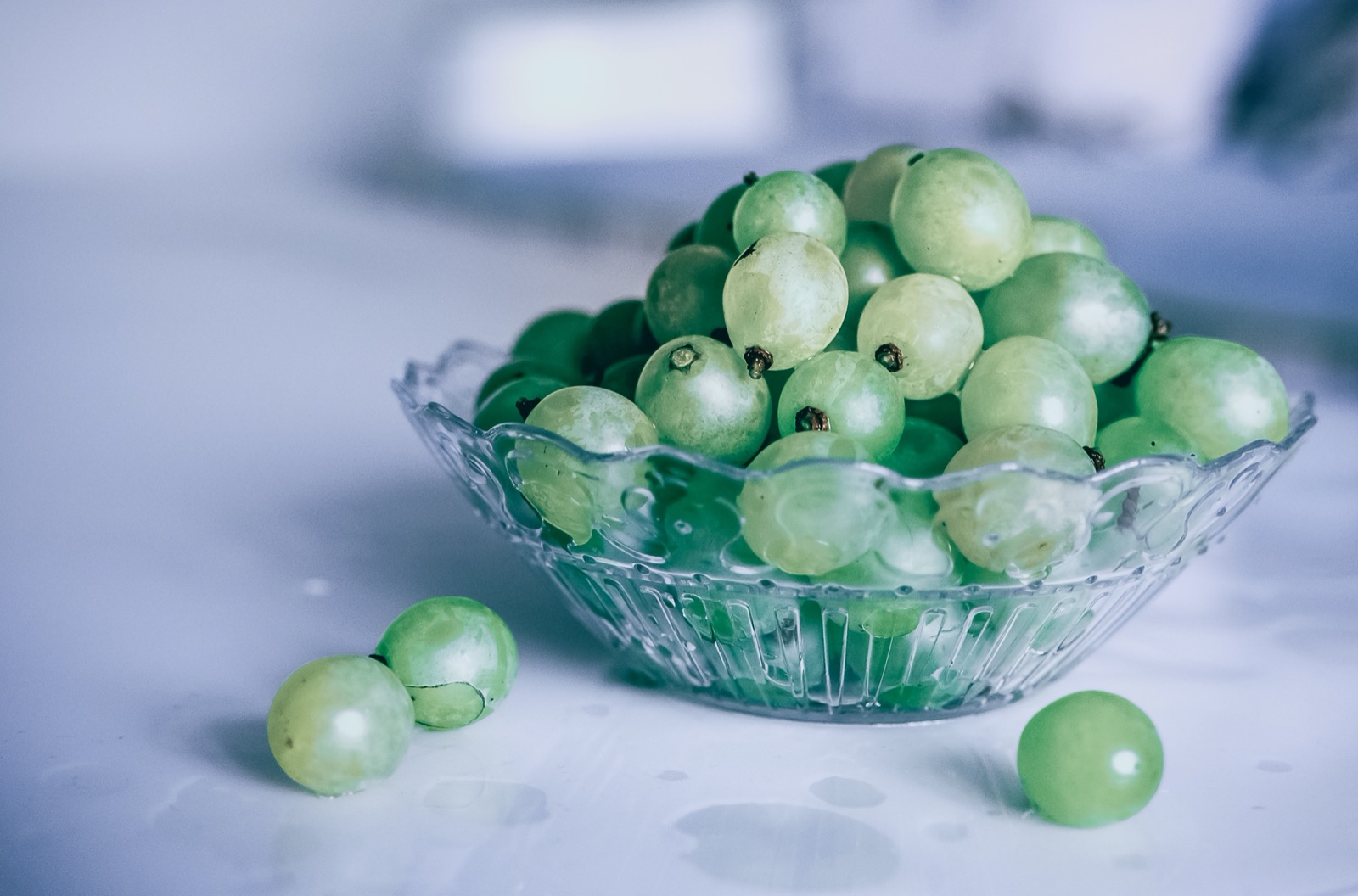A story about love, human connection, and changing the world.
My name is Faruk, and I cherish it dearly. I was born and raised in The Netherlands to a Dutch mother and Turkish immigrant father, and have one older sibling, my sister Nuriye.
One day when I was two years old—a mere button of a Faruk—my mom and I were in the kitchen, with me in a high chair for toddlers, enjoying a small plate of grapes in front of me.
I loved grapes as a kid, especially seedless green grapes; I could never get enough of those. But when my sister Nuriye came home from school I grabbed my little plate, held it up to her, and said:
“Nu’ye ook duifje?”
Nu’ye also gwape?
My mom was utterly enamored by the moment. Not fazed by my inability to pronounce my sister’s name, or the letter ‘r’; all she saw was the love on display in my tiny act of sharing. I was abundant with love, and eager to share what I had available.
It’s a small, simple moment I imagine a million kids recreate every single day, but it made enough of an impact on my mother that she’s told me this story dozens of times. She’s told my dad enough times that he has told me the story, and he wasn’t even there!
Fast forward several decades, to San Francisco in late 2017: I was suffering from depression, unhappy about every aspect of my life in that moment, and my mom was visiting to support me. I felt hollow and dead inside, not full of love at all. She told me the story once more, and I wondered… what had happened to that little boy, who started life so abundant in love he gave it away in spades?
It wasn’t the result of a bad childhood, or anything like that. No history of trauma, or any shortcoming or fault of my parents. In fact, I think my parents have done an exceptionally great job raising me to be kind, loving, and think inclusively of all people. They raised me to see how different people have different life experiences and backgrounds, and taught me that those differences can inform us to practice better, more compassionate ways to understand others. And my growing up as a child of two cultures, Dutch and Turkish, made it easier for me to be more patient and loving towards people who aren’t “the same” as me, as I was never fully part of just one culture or standard myself.
So why did I as an adult feel occasionally so hollow, conscious of my capacity for love and my ability to love, yet completely deprived of my own supply of it?
I was confused. I knew, intellectually, that I “understood” love much better than in my childhood days. I’d experienced more forms of it, from platonic love for friends to a serious long-term relationship. I had met love’s harsher family members, heartbreak and loss, but rather than resentment they’d gifted me a greater appreciation.
It made no sense to me. Surely, the more we learn about love and the more experience we have with it, the better we would be at cultivating love?
That’s when it struck me: the problem was not mine, specifically. What happened to that little boy is what happens to all of us: he grew up in a world that tells us not to love ourselves.
Our society is dominated by messages telling us we’re not enough: not good enough, not pretty enough, not thin enough, not happy enough, not rich enough, not hardworking enough… It doesn’t explicitly tell us not to love ourselves, but the accumulating and compounding messages found across our culture, our media, and our everyday lives, still have that underlying psychological impact on us.
The more I thought about it, the more I understood that society tells me to be and do many things, but crucially, the two things society failed to tell me were also the most important: to be and love myself.
The problem is not that there aren’t people in society doing this absolutely necessary work, teaching people to love themselves, to be authentic, or to practice mindfulness and self-care. And we have the research and knowledge to establish a clear set of principles to make love a first priority—both self-love and love for others—and cultivate a healthier way of living around them. Principles that help us avoid building our lives on false foundations or being dependent on romantic love from others to supplement our needs. The problem is that these principles aren’t baked into the fabric of how our society is designed, today.
I’ve long examined the history of civilizations, and how we build our world in the present day. I’ve taken long, hard looks at my own role in the culture and society I helped built—largely unconsciously—through the ways I acted and interacted with the world around me. And I had to painfully admit that, despite my best intentions and my heart being in the right place, there had been many times that my actions were carried through a lens of anger, or fear, or resentment. Channeled at injustices, but coated with those emotions all the same. And I realized that the tools we use to change our world today build the society we live in tomorrow.
I want to live in a world where our everyday practices are built from principles of integrity and love, community and compassion. There is so much darkness in the world, so many crises; I feel their weight and the pain of the people who suffer them. It’s not the world I want for any of them, or myself, but I no longer want to respond to it in kind. I want to shine light into the abyss. Act and react with conscious intention. And I want to live a life that gives me fulfillment and joy, in which I help contribute to a better world for everyone. Yes, everyone.
Our societies around the world are built on systems that perpetuate historic inequalities and injustices, but under the surface those systems are built on principles and priorities that model a backwards society. They prioritize wealth, materialism, growth, and power, instead of prioritizing people, nature, and balance.
So. Let’s change that.
Let’s change the principles we build our everyday value systems on, so that we, ourselves, build and refine a society on greater foundations.
I’ve started cultivating a series of principles to live a better, happier, and more fulfilling life, and grouped them under the moniker Love First. The underlying idea is that our actions and reactions all carry with them an emotional lens, and that we enjoy our best results and outcomes whenever we channel our actions through a holistic lens of love, first. It is a somatic psychology-inspired evolution of Viktor Frankl’s powerful quote:
Between stimulus and response there is a space. In that space is our power to choose our response. In our response lies our growth and our freedom.
The principles of Love First are based on research in psychology, physiology, sociology, neuroscience, and history. And since the start of 2018 I’ve been living my life by them as much as possible, with incredible results. Most notably, I’ve learned how to practice self-love, and cultivate a healthy relationship with myself from which I now thrive in an abundance of love. It allows me to share it freely and eagerly with all those around me, rarely ever experiencing a lack of love anymore.
This publication is the very beginning of the story of Love First, a story in and of its own. “I’m the narrator and this is just the prologue.” I will be chronicling and explaining how “going Love First” changed my life, how it all works, and demonstrate the power of our personal stories to help us grow, evolve, and connect with the people around us.
It’s the story of how I revived that little boy, sharing his coveted green grapes, living and enjoying a life abundant in love.
Post Script: A shoutout to the people who grew up not as fortunate as I did: with two loving, emotionally supportive, and nurturing parents. For all of you who lacked great caretakers growing up, for all of you figuring it all out on your own through many layers of hardship: I see you. I love you. You’re doing great.
Photo credit: Jerry Wang

